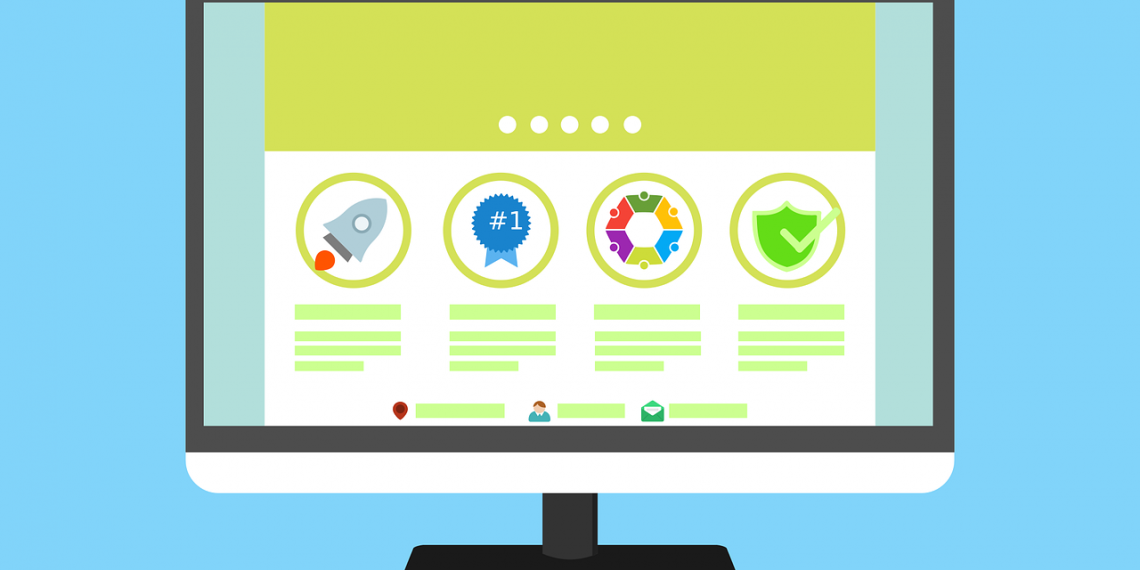Anonymity is Greek for “no name,” which refers to the psychological experience of operating in complete secret while maintaining a public identity. It is a psychological state that humans only experience. However, closing the bathroom door while using the lavatory does not define privacy at all. Privacy and anonymity are about the user’s political or religious freedom, personal autonomy, or even elementary online privacy.
Employing privacy reduces the risk of social engineering attempts and even blackmailing. An attacker’s attempts can become more precise and effective with more information about the victim. Therefore, teaching how users can protect their privacy is very important.
How to protect your online privacy
You can take precise, practical measures to preserve your privacy or the privacy of the people at your company, but doing so takes effort, time, and technical know-how.
A wise man once said that encryption is necessary because it is significantly easier to encrypt data than to decrypt it by brute force. However, since maintaining anonymity requires much effort, it’s easier to rely on encryption than take concrete steps to protect your privacy.
Anonymity and privacy are often used synonymously. In the case of encryption, only you and the recipient can read the decrypted message, but you can’t stay unknown. Encryption does not protect your anonymity. It can’t hide who you’re talking to, when, how long, how many messages, the size of attachments, and the type of communication (text message, email, voice call, voice memo, or video call). And for sophisticated hackers, it is even easier to monitor your online activity based on these pieces of information.
The truth is that you have no privacy or anonymity online unless you make a conscious effort. Online anonymity is possible for people who want it, but it’s not easy to get and, once lost, nearly impossible to regain.
Who needs to stay anonymous?
It could be challenging to express your findings without protecting your privacy, especially if you’re an investigative journalist or a passionate blogger who supports a political or social movement. Writing about sensitive topics could draw unwelcome attention.
It’s always advantageous to have the choice to share these opinions anonymously. Even if you publish your findings under a pseudonym, your work could still be linked to you. Your hosting company or your IP address could be used to determine your location or identity. Or, you could be identified based on your spending (credit card payments or money transfers).
How to start an anonymous website?
Starting an anonymous blog or anonymous website might be possible only thanks to anonymous hosting services. Anonymous image hosting, anonymous video hosting, all these services offer this very needed anonymity. Anonymous hosting is the only way to share your online data anonymously. This service provides an anonymous server that can be used in any way you like. Thanks to the root access, you can customize and tune this anonymous server to match your needs and yet still stay anonymous. Then, starting an anonymous blog or anonymous website is just a piece of cake.
Anonymous hosting offers absolute anonymity
How can an anonymous hosting solution offer absolute online anonymity?
First of all, when registering for an anonymous server, an anonymous provider won’t ask for any personal information. No data can leak because none are shared.
We know how easily standard payment methods might reveal your identity. Therefore the only form of payment accepted by anonymous hosting is cryptocurrency. Even while Bitcoin isn’t truly anonymous, all your transactions stay pseudonymous only if you don’t link your digital wallet to your identity.
Several factors determine the best anonymous hosting provider. You can host your content on an anonymous VPS without giving away who you are. Owning an anonymous server is the ideal option if you’re seeking a secure, trustworthy, and anonymous hosting solution.
Choosing the best hosting plan shouldn’t be too difficult after you’ve chosen the ideal anonymous hosting company. The RAM, CPU, and SSD configurations in these hosting plans vary. However, the needs of your online project will usually define the choice of either general purpose or RAM vs. CPU optimized hosting plan.
Conclusion:
Whatever your motivations, you have a fundamental human right to privacy. Although maintaining your online privacy can be challenging, it’s not impossible if you take certain precautions. You can share your findings while keeping your identity unknown with the help of anonymous hosting.
Only services offered by anonymous hosting providers make it possible to stay unknown. Use an anonymous server to improve security and privacy.







